
https://www.youtube.com/watch?v=FkZgpKj6wLo
The FIRST Sign of a Magnesium Deficiency Is... (Dr. Berg Explains)

I'd like to discuss the first sign of a magnesium deficiency .
Did you realize that 68% of people in the United States don't get the required amounts of magnesium from their diet .
Now , not to mention all the other foods and things and drugs and things that people are exposed to that deplete magnesium .
Magnesium is a cofactor involved in 350 different enzymes .
What's a cofactor ?
A cofactor is something that is required by an enzyme for that enzyme to work .
And I'm not just talking about digestive enzymes .
I'm talking about enzymes that make up all your biochemistry that do all the bodily functions .
The other thing about a magnesium deficiency is many times a potassium deficiency has very similar symptoms .
So it's it's it is difficult to determine if you have a magnesium deficiency or a potassium deficiency .
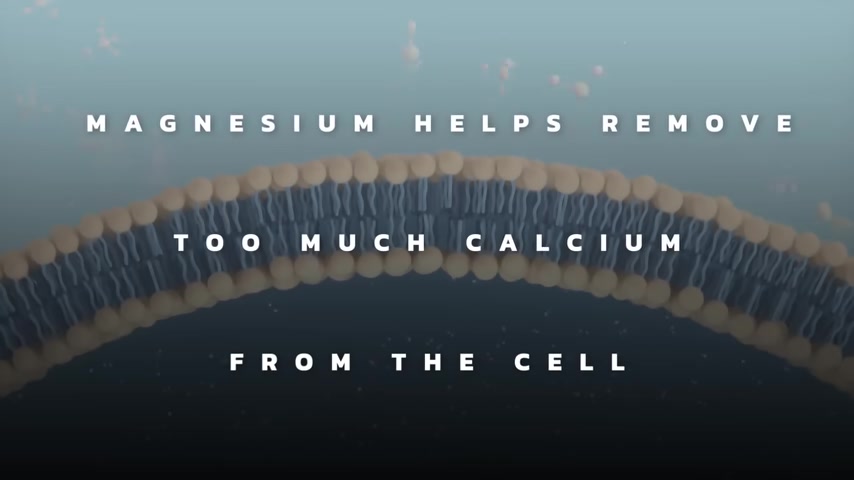
But the good news is they both come from vegetables and salads .
So as long as you already know those , you're gonna be totally fine .
But before I get into the number one most common symptom , let me go through some other symptoms .
Cramping , twitching , which could also come from other things as well , like your pH being too alkaline .
Arrhythmias , okay , of the heart .
The heart starts skipping because of a lack of magnesium mainly because magnesium works with calcium .
Magnesium helps remove too much calcium from the cell , helping this over contracted vasoconstricted artery , lowering your blood pressure .
Now as far as your bone health , people think calcium to prevent osteoporosis , but magnesium is just as important .
And Osteomalacia , which is a vitamin d deficiency , which is softening of the bones in adults , like a child's version would be rickets , because magnesium is essential for vitamin d activation .
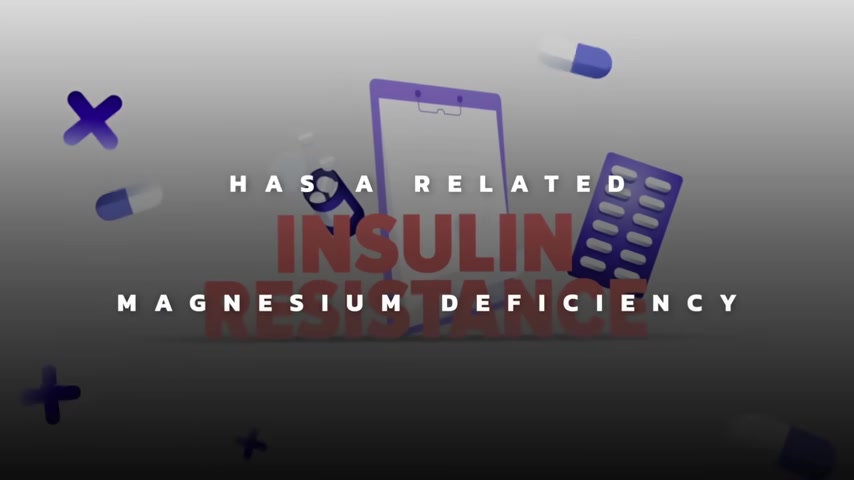
You can't activate vitamin d without magnesium .
Insulin resistance , and I've talked about this in many other videos , has a related magnesium deficiency usually .
And this is why when you increase magnesium , you start to make insulin more sensitive , and it starts to work .
And of course , insomnia .
If you don't have enough , you'll have a tendency to not being able to sleep .
And also low magnesium can raise cortisol .
And of course , your mood , is dependent on magnesium .
Too .
If you're deficient in magnesium , you may find that you're a bit on the depressed side .
So what is the number one symptom of a magnesium deficiency ?
It is fatigue .
Now so many people have fatigue , and maybe you right now are sitting right there and you're tired .
Right ?
A lot of people are tired .
It could be as simple as not getting enough magnesium .
And I do want to mention what foods to eat for Magnesium because that's ultimately the best way to get your Magnesium .
But let me just dive into why people get tired because they don't have enough magnesium .

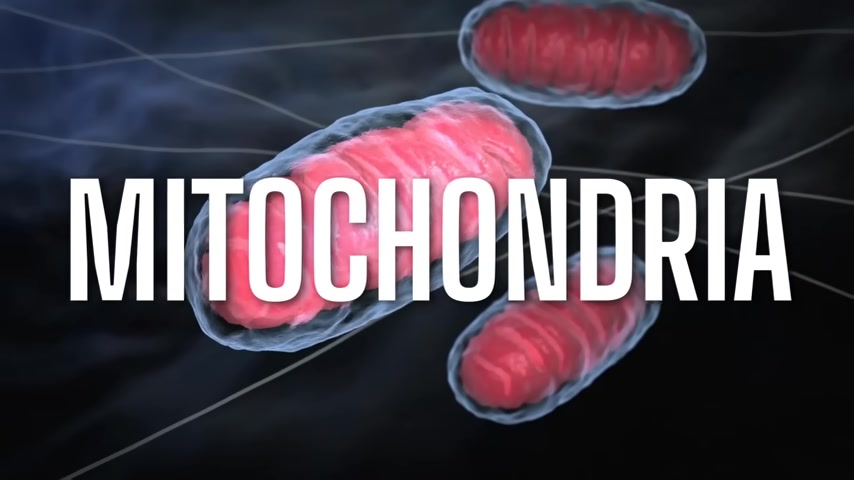
Remember I mentioned that magnesium is necessary for 350 different enzymes ?
Well , a lot of those enzymes are in the mitochondria , and specifically the creation of ATP .
ATP is the energy currency that the body uses to power all the different functions .
And magnesium powers something else that I talked about in other videos , the sodium potassium pumps .
These are the little pumps in every single cell that power your muscles to work and your nervous system to work .
That little pump creates the voltage because your cells are like batteries .
Well , guess what ?
Magnesium provides the energy to allow for that pump to pump .
So this is why you might have cramps .
There's just not enough power to allow that sodium potassium pump to work in the muscles , and things start shutting down and you cramp .
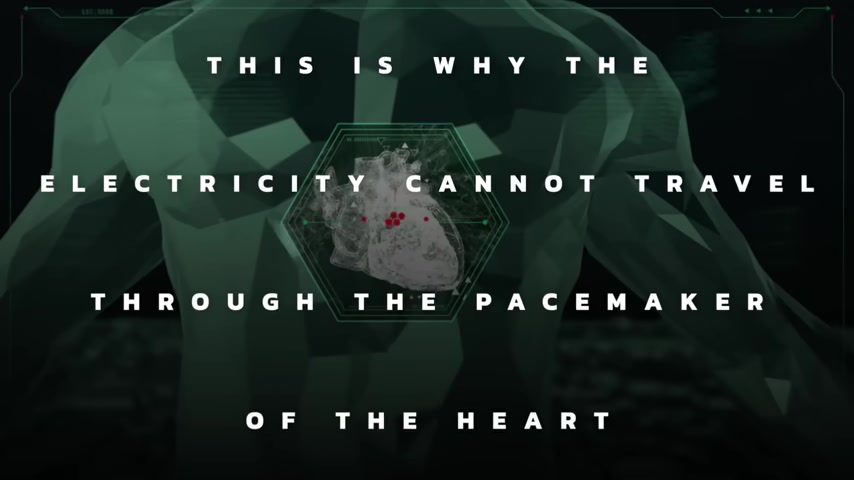
This is why the electricity cannot be traveled through the pacemaker of your heart correctly .
And if that can't work , you start getting arrhythmias or palpitations , or your heart starts to skip because you don't have the energy because there's no magnesium to power that sodium potassium pump in the nervous system .
Magnesium is also needed to make proteins , protein synthesis .
Also needed to make DNA and RNA , the building blocks of everything .
Now most people are deficient because they're just not eating enough of the right food to prevent this problem .
And the food that will give you the most magnesium is leafy greens , vegetables , big salads .
The cool thing , it will also give you the potassium .
So when you eat foods , whether at a restaurant or at home , and you have this little side salad that's just like 1 cup , it's just not gonna be enough .

You need to beef up your salads , no pun intended , to the point where if you're doing , like , 2 meals a day , I would say , you know , have , like , 5 cups , or just get it out of the way and eat , like , 7 cups of salad just one time a day .
Now , ideally , if you go a little bit more , it's a little bit better , but I think you should work on a nice gradual increase in your salad .
But the point is that most people don't consume enough salad .
Even associates , friends , family members , around myself , I see what they're eating , and they just don't have enough salad .
So when I go to a social activity and they bring out the meals , right , they have a big salad bowl , and you'll put your salad on the plate with all the other food .
Now you need an extra bowl in addition to your plate to put that huge salad .
Of course , I'm usually the only one that does that in , my circles , But the point is that I don't have any arrhythmias .
I don't get any cramps .
I have tons of energy because I have enough magnesium .

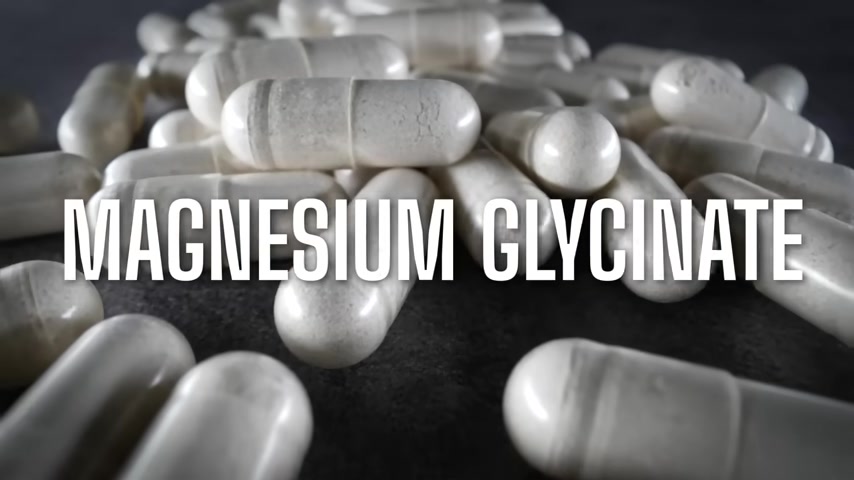
If you don't do that or can't do that , well , definitely start using a supplement .
I would recommend magnesium glycinate .
It's a good one .
But there's 3 types of magnesium I would not recommend .
Okay ?
The , magnesium oxide , the magnesium hydroxide , and the magnesium carbonate .
Those might be okay maybe as a laxative , but other than that , I wouldn't take them because they're not very absorbable .
The other ways that people are deficient are , they eat too many refined foods , especially fructose , which is in table sugars and honey .
It's in high fructose corn syrup .
It's in a lot of other things as well .
But fructose can deplete magnesium .
Alcohol .
And what is alcohol made from ?
Sugar .
The more inflammation you have , the less magnesium you're gonna have in your body .
If you wanna know a good biomarker on a blood test for a magnesium deficiency , look at something called c reactive protein .
That's an inflammatory biomarker , and it usually means that you need more magnesium .
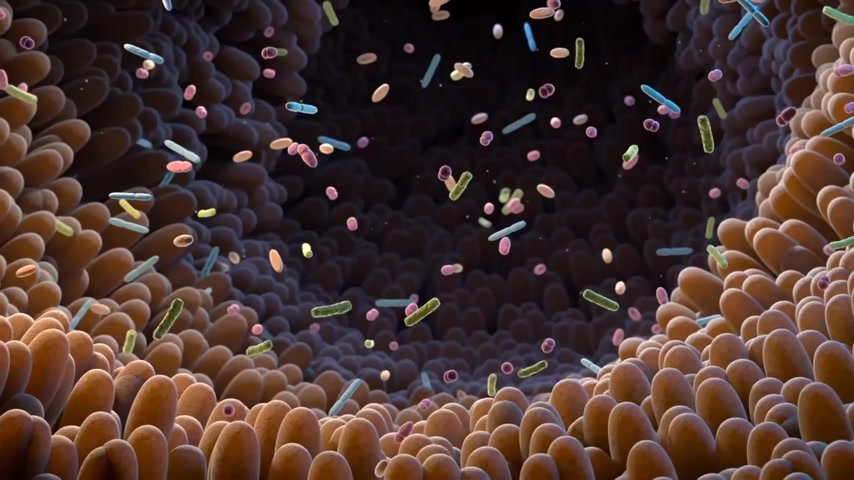
Also , certain medications , like especially diuretics , can create a magnesium deficiency , as well as antibiotics .
When you have this alteration in your microbiome , probably from a combination of several things , what happens is there's a certain thing that will start binding up and locking up a lot of the magnesium .
And , a lot of people start developing musculoskeletal issues like fibromyalgia , painful trigger points , a lot of muscular problems .
Because you need magnesium for that normal relaxation phase of the contraction and relaxation cycle .
Now if you wanted a better visualization of how much salad you need to eat to get your magnesium , watch this video right here .
Are you looking for a way to reach a wider audience and get more views on your videos?
Our innovative video to text transcribing service can help you do just that.
We provide accurate transcriptions of your videos along with visual content that will help you attract new viewers and keep them engaged. Plus, our data analytics and ad campaign tools can help you monetize your content and maximize your revenue.
Let's partner up and take your video content to the next level!
Contact us today to learn more.